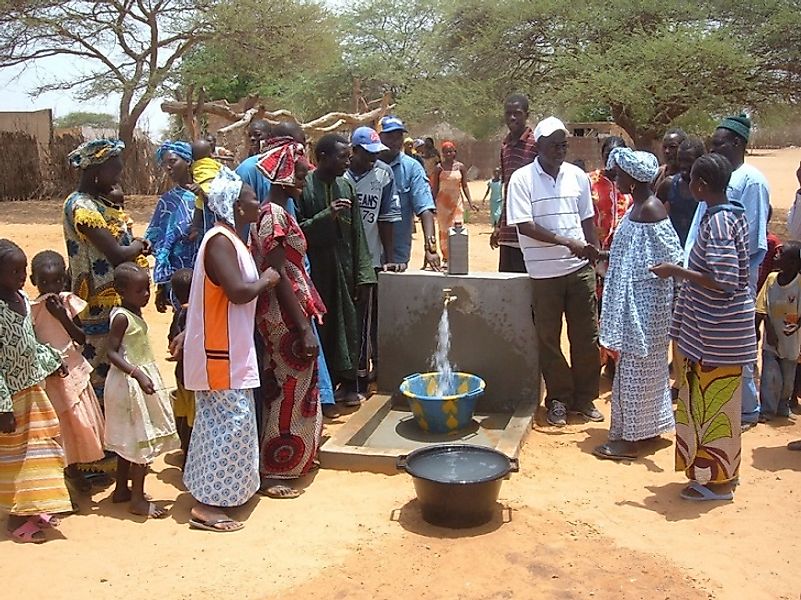What Is Development Economics?

Development economics is a branch of economics that deals with the improvement of the economies of developing countries. The discipline aims at establishing strategies that apply to different developing countries depending on their unique social, political, and economic factors. Development economics also explores the unique challenges that face developing nations thus helps in the analysis of the opportunities available in these nations and how they can be applied. Development economics makes use of economic theory, econometric methods, political science, and demographics in its approaches.
History of Development Economics
Development economics as a discipline first arose in the 1950s. However, earlier theories pointing towards this discipline started as early as the Seventeenth Century with the rise of the nation-state. Such approaches included Mercantilism and economic nationalism. The 1950s saw the development through efforts of theorists such as W.W. Rostow who suggested that economic growth passes through five linear processes. These processes include the traditional society, preconditions, take-off, maturity, and high-mass consumption. Currently, the discipline is receiving a lot of attention and plays a significant role development research.
Areas of Relevance
Development economics is often applied to efforts aimed at poverty eradication, achieving millennium development goals (MDGs) set by the United Nations (UN), democratic governance, sustainable environment and energy policies, and crisis prevention and recovery.
Practical Applications
Development economics is applied in the development of strategies that are aimed at improving the economic status of developing nations. Thus, they contribute to bridging the ever-increasing gaps between the poor and the rich in many countries. This economic development is achieved through the application of economic and political theories in the analysis of present and past economic developments as well as the possible opportunities that may be exploited and the methods for using these opportunities to the benefit of the country.
Benefits of Using Development Economics
Development economics offers a more comprehensive view and understanding of economic, political, and social impacts, as well as of influences on the economic state of a country. Besides, it examines areas that can be improved such as infrastructure, education, health and technology that is critical to positive economic growth through empowerment of the population. Besides, Economic Development examines the macroeconomic and micro-economic factors that relates to the structure of the developing country and how the country can create both domestic and international growth.
Criticisms of Development Economics
The measures used in quantifying the progress of economic development have been criticized for their failure to include smaller, yet significantly important economic activities, such as housekeeping and home building, that are not listed in financial transactions. Therefore, this shortcoming is likely to misrepresent the economic position of a country as the economic progress is measured in financial terms. Fraud and lack of data on funding also compromise the effectiveness of calculating the Gross Domestic Product (GDP) of a country.
Development Economics in Practice
The United Nations Development Program (UNDP) has applied development economics in an attempt to help developing countries to improve their economic positions by assisting them in developing strategies and analyzing growth trends. The UNDP program works through women empowerment and gender equality, poverty reduction, sustainable environmental management, disease eradication, and treatment, as well as strengthening partnerships for cooperation between rich and developing nations in a view to achieving the Millennium Development Goals.
Strengths of Development Economics
The most important and significant aspect of development economic is the realization that economic development strategies to be applied are not to be found in predefined formulas, but differ according to the political, economic, and social factors affecting any given economy. This realization is important in the development of tailored growth strategies that will best serve the economy in question.











